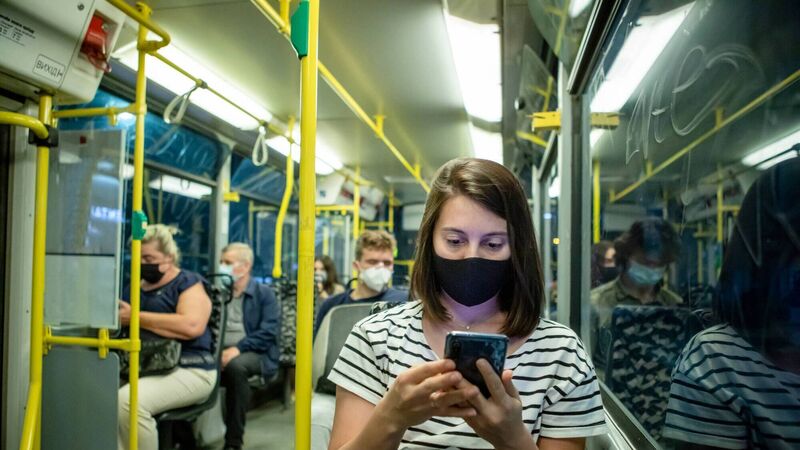Ireland urged to reintroduce Covid-19 restrictions now

'Make your own informed decisions. Just because a mask isn’t mandated, doesn’t mean it’s prohibited,' said Dr Hans Henri P Kluge. File picture
Ireland needs to increase Covid-19 vaccination efforts, reintroduce face masks and social distancing, and encourage regular antigen testing, according to the World Health Organization.
The WHO said this is because all countries in Europe need to “urgently” do more to stop the rapidly increasing spread of Covid-19.










